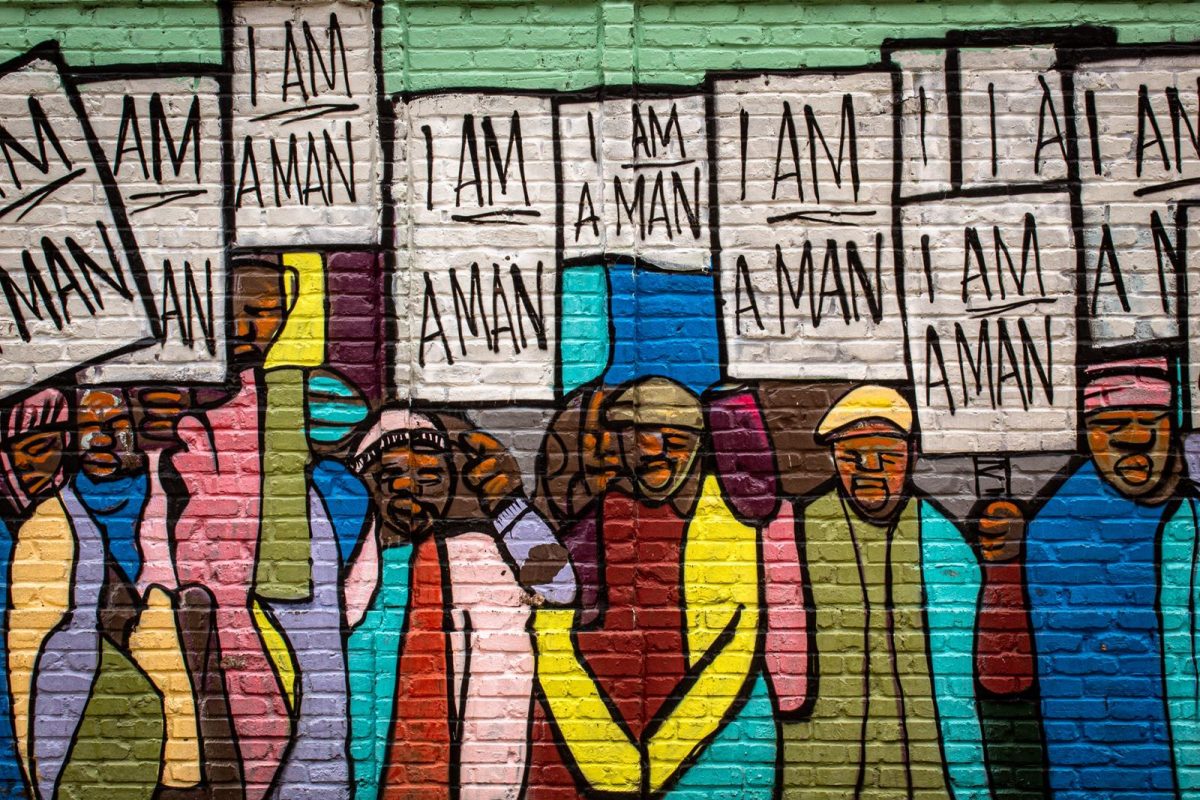How Disability In Politics Can Influence Change

Including people with disabilities into politics is not simply a question of representation but also a potent tool for systematic transformation. Politicians with disabilities bring with them real experience that questions long-standing presumptions and tackles strongly ingrained social inequalities whether they occupy office or influence legislation. Their participation in public service challenges preconceptions, helps to legitimize a range of skills, and provides forum for previously marginalized perspectives. Both symbolically and practically, handicapped leaders may change legislative agendas, extend policy discussions, and promote inclusive practices across many industries. Participation of handicapped people in politics becomes more than just a right as societies aim for justice and accessibility; it becomes a driver of more general social development. This paper investigates how political disability acts as a major factor in creating more inclusive, fair society.
Representation and Visibility in Public Life
Having politicians with disabilities clearly visible in government buildings changes public perception of disability. People with disabilities are too frequently shown as outliers to society expectations or as passive beneficiaries of care. These views change and society is compelled to face its presumptions about capacity, leadership, and worth when individuals wield political power. Strong juxtaposition to stigmatizing views that still exist in many spheres of life is the picture of a wheelchair user walking the legislative floor or a vision challenged lawmaker boldly arguing policy.
Alone, however, visibility is insufficient. True representation calls for handicapped politicians to have not just a seat but also a significant voice in decision-making. Given that space, they frequently highlight otherwise overlooked or underappreciated problems from healthcare policies impacting millions to accessible infrastructure. Their presence not only helps the handicapped population but also enhances democratic institutions as it guarantees they represent the whole range of the society they are supposed to assist. Representation therefore forms a link between legislative process and underprivileged groups.
Shaping Inclusive Policies Through Lived Experience
Politicians with disabilities have personal knowledge of the difficulties of everyday living, hence their approach to policy is often influenced by this awareness. Living experience offers legislative debates emotional intelligence and practical knowledge unlike abstract theory or secondhand witness. These leaders are more likely to wonder whether public areas are accessible, if social programs are fair, or if laws sufficiently safeguard the rights and dignity of people with disabilities. Their campaigning crosses with housing, education, transportation, and labor rights—all of which affect quality of life—often beyond conventional disability concerns.
Policy becomes more inclusive when it is created by people who know exclusion personally. A handicapped politician might draw attention to unseen gaps—such as the digital divide affecting persons with cognitive impairments or the absence of sign language interpretation in schools—in arguments over money or program priorities. These points of view may change legislative results, so systems become more compassionate and responsive. Apart from their advocacy, handicapped politicians provide ideas, support change, and guarantee that the framework of government itself reflects inclusiveness rather than restricted participation.
Breaking Structural and Political Barriers
Even if they have great power to influence change, handicapped people nonetheless have major obstacles to political involvement. Entry into public service may be hampered by physical inaccessibility of political venues, lack of adaptable technology, inadequate campaign money, and biassed views. These obstacles not only stop qualified people from seeking political office but also help to prolong underrepresentation cycle. Whether via public awareness campaigns, party support, or election reform—each of which helps to remove these challenges opens the path for a more fair political system.
Moreover, the structural problems within political institutions themselves may mirror larger society exclusion. Committees can lack translators, arguments might go at a speed inappropriate for certain cognitive disorders, or campaign events might be off-reach for politicians and voters both. Promoting internal change helps handicapped politicians confront out-of-date conventions and argue for systems that benefit all people, therefore transcending their own need for accommodations. Their initiatives set standards that help not just disabled future leaders but also a larger population in need of adaptable, responsive government.
Changing the Broader Social Dialogue
Apart from legislative chambers, the participation of handicapped people in politics shapes society perceptions. Many times, political leaders are role models; their tales appeal to large numbers of people. Running for office or occupying a leadership role by someone with a disability communicates that disability is a facet of variety rather than a handicap. These stories question ableist presumptions and motivate those with disabilities to see themselves in leadership and influencing roles.
Public perspective is much shaped by media coverage of handicapped politicians as well. Stories emphasizing successes instead of constraints help to create a society that celebrates diversity. As society becomes increasingly at ease with variety in all its manifestations, this cultural change influences everything, including educational policies and business practices. By their physical appearance as much as their deeds, disabled politicians help create empathy and widen public knowledge of what good leadership looks like. This change has long-lasting effects on generational attitudes and helps to build a society more in line with egalitarian values and dignity.
Conclusion
Beyond mere representation, disability in politics is a transforming agent that questions institutional injustice, raises underrepresented voices, and extends the range of policy and public opinion. Politicians with disabilities have unparalleled understanding of how exclusion works and how inclusion may be practically accomplished. Their leadership challenges society bias with lived knowledge and pragmatic answers, defines institutional standards, and promotes policy innovation. The terrain of government starts to show the variety of the communities it serves as more handicapped people occupy political responsibilities. Their influence permeates education, healthcare, work, and civic life; it is not restricted to problems particular to disabilities. In the end, the presence and involvement of persons with disabilities in politics highlight a basic but important fact: real democracy calls for everyone—not just the majority, not only the powerful—to have a voice in determining the future.